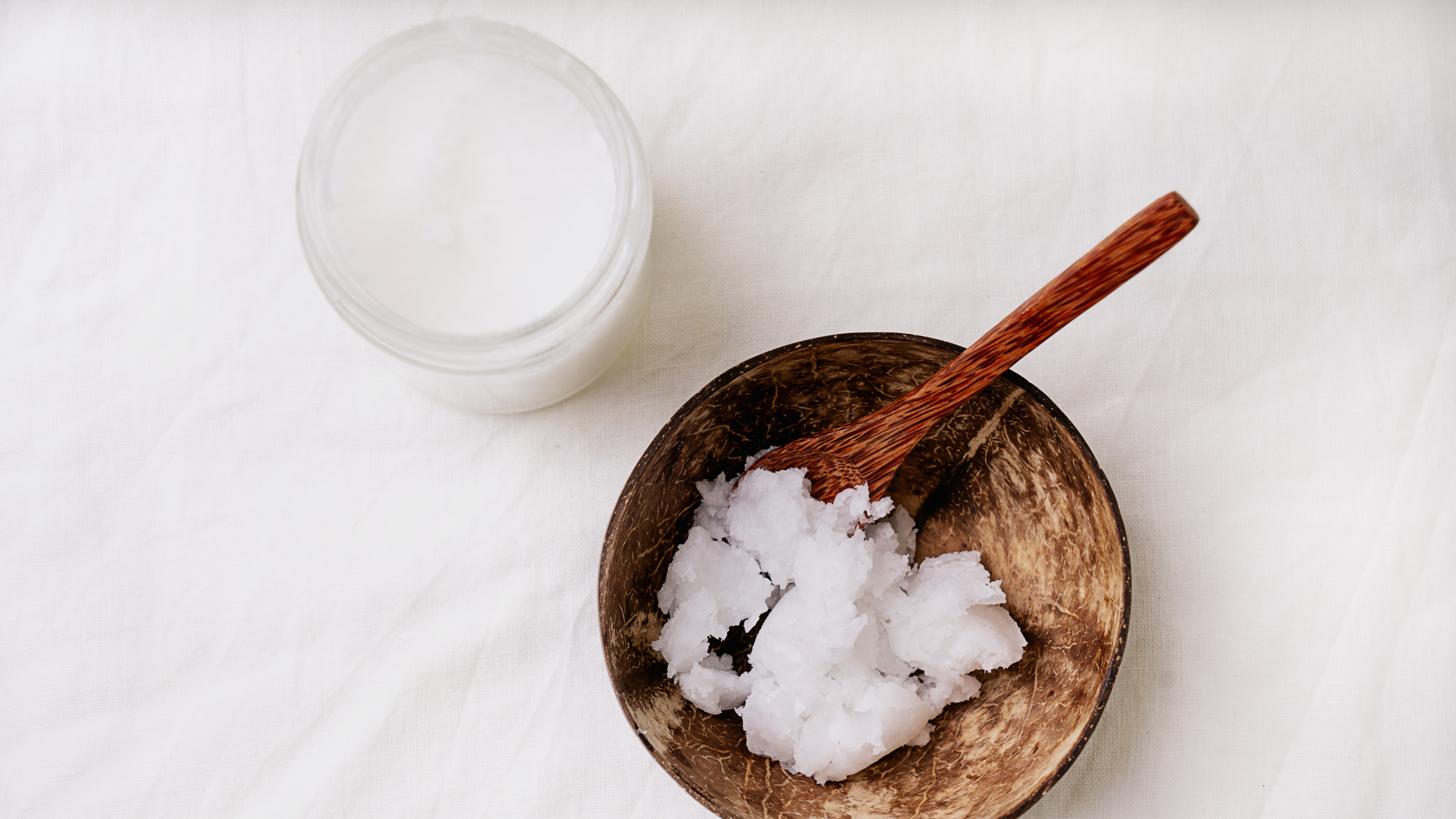When it comes to natural skincare remedies, olive oil and coconut oil have been used for centuries, each with their own unique set of benefits. Both oils offer moisturizing properties and have gained popularity in the beauty world. But which one is better for your skin? Let's investigate.
Olive Oil for Skin:
Olive oil is a staple in Mediterranean cuisine and also serves as a valuable ingredient in skincare routines. It is packed with antioxidants, including vitamins E and K, which help protect the skin from free radicals and promote a youthful appearance. Olive oil's emollient properties make it an excellent moisturizer, keeping the skin hydrated and nourished. Additionally, it contains anti-inflammatory compounds that can soothe irritated skin and help reduce redness.
Coconut Oil for Skin:
Coconut oil has gained significant popularity in the beauty industry due to its versatile properties. It is rich in medium-chain fatty acids, including lauric acid, which possesses antimicrobial and antibacterial properties. Coconut oil is known for its ability to penetrate the skin easily, delivering intense hydration and locking in moisture. It is often used to soothe dry skin, provide relief for eczema and psoriasis, and promote a smooth, supple complexion.
Skin Types and Uses:
1. Dry Skin: Both olive oil and coconut oil can be beneficial for dry skin. Olive oil's rich emollient properties make it an effective moisturizer, while coconut oil's deep-penetrating abilities can help alleviate dryness and restore moisture balance.
2. Oily or Acne-Prone Skin: Coconut oil may not be the best choice for oily or acne-prone skin, as it has a higher likelihood of clogging pores. On the other hand, olive oil is less comedogenic and may be a suitable option for moisturizing without causing breakouts.
3. Sensitive Skin: Olive oil is generally well-tolerated by sensitive skin due to its soothing and anti-inflammatory properties. It can help calm and nourish sensitive skin without causing irritation. Coconut oil, however, may be more variable, as some individuals with sensitive skin may experience adverse reactions.
Both olive oil and coconut oil offer unique benefits for the skin, and choosing the right oil depends on your skin type and specific needs. Olive oil excels in its ability to moisturize and protect the skin, making it a great choice for dry or sensitive skin. Coconut oil's antimicrobial properties and deep-penetrating abilities make it suitable for intense hydration, particularly for dry or eczema-prone skin. It's important to consider your skin's individual characteristics and preferences when selecting between these two oils.
Remember, while natural oils can provide numerous benefits, it's always recommended to perform a patch test on a small area of skin before incorporating any new product into your skincare routine. Listen to your skin's response and consult with a dermatologist if you have any concerns or specific conditions. Ultimately, the best oil for your skin is the one that works harmoniously with its unique needs, helping you achieve a healthy and radiant complexion.





